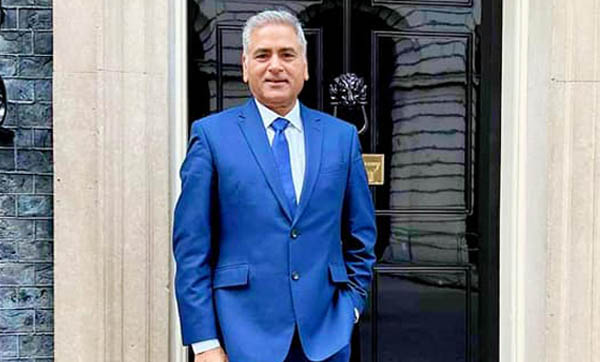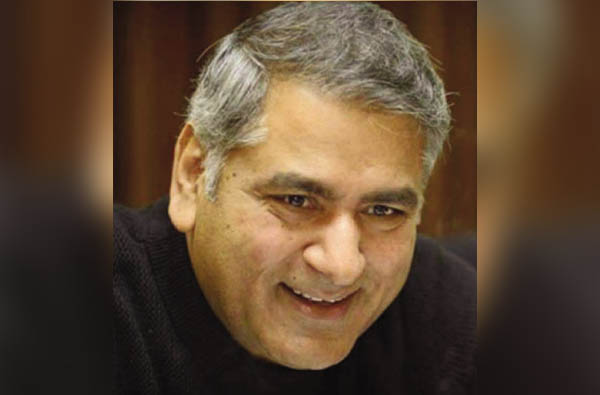What is SCO (Shanghai Cooperation Organization)?

By Dr Ashraf Chohan
Chairman PMLN UK
The Shanghai Cooperation Organization (SCO) is a political, economic, and security alliance founded in 2001 by China, Russia, Kazakhstan, Kyrgyzstan, Tajikistan, and Uzbekistan. It has since expanded to include India and Pakistan in 2017 and Iran in 2023. The SCO aims to foster cooperation in various fields, particularly in the areas of security, economic development, and cultural exchange.
Objectives of the SCO:
1. Regional Security and Stability: One of the primary goals of the SCO is to combat terrorism, separatism, and extremism, often referred to as the “three evils.” The organization promotes joint efforts to ensure regional security and counter threats that could destabilize its member states.
2. Economic Cooperation: The SCO seeks to foster closer economic ties among member states by promoting trade, investment, and infrastructure development. It aims to build partnerships in areas such as energy, transportation, and technology, boosting regional economic development.
3. Cultural and Humanitarian Cooperation: Another objective is to enhance cultural, educational, and humanitarian exchanges among member countries, strengthening mutual understanding and cooperation.
4. Multilateralism and Diplomatic Coordination: The SCO promotes dialogue and diplomatic coordination among its members on regional and global issues. It advocates for a multipolar world, reducing the influence of any single global power, particularly in the context of security and economic development.Achievements of the SCO:
1. Anti-Terrorism and Security Cooperation: The SCO has established the Regional Anti-Terrorist Structure (RATS), which focuses on intelligence-sharing, joint military exercises, and coordinated actions against terrorist organizations. This has led to numerous successful counterterrorism operations and a stronger collective defense posture among member states.
2. Economic Initiatives: Although the SCO’s economic initiatives are still in development, member states have made progress in enhancing trade and connectivity, particularly through infrastructure projects like the Belt and Road Initiative (BRI), which several SCO members participate in. Discussions on creating a free trade area and joint development funds are ongoing.
3. Strengthening Political Ties: The SCO has served as a platform for its members to coordinate their positions on regional and global issues, particularly in opposition to unilateral actions by global powers. This has strengthened diplomatic ties and cooperation on issues like the Afghan conflict and international terrorism.
4. Inclusion of Major Regional Powers: The inclusion of India, Pakistan, and now Iran has expanded the organization’s scope and significance. This has brought together significant regional powers that can cooperate on matters of mutual interest, despite the complexities of bilateral relationships.
5. Cultural and Educational Exchange: The SCO has encouraged cultural diplomacy and people-to-people exchanges through initiatives like the SCO University and regular cultural festivals. These efforts promote mutual understanding and cooperation beyond political and economic spheres.Challenges:
Despite its achievements, the SCO faces several challenges, such as the conflicting interests of member states (e.g., between India and Pakistan), the slow progress on economic integration, and the need to strengthen its institutional framework to handle complex regional issues.
In summary, the SCO has made significant progress in fostering regional security cooperation and building a foundation for future economic and diplomatic collaboration. However, its long-term impact will depend on how effectively it can navigate internal tensions and expand its economic initiatives.
China Russia and India are main players. To achieve the objectives China and Russia has to show more commitment for security of member states and peace settlement between india and Pakistan are essential.






